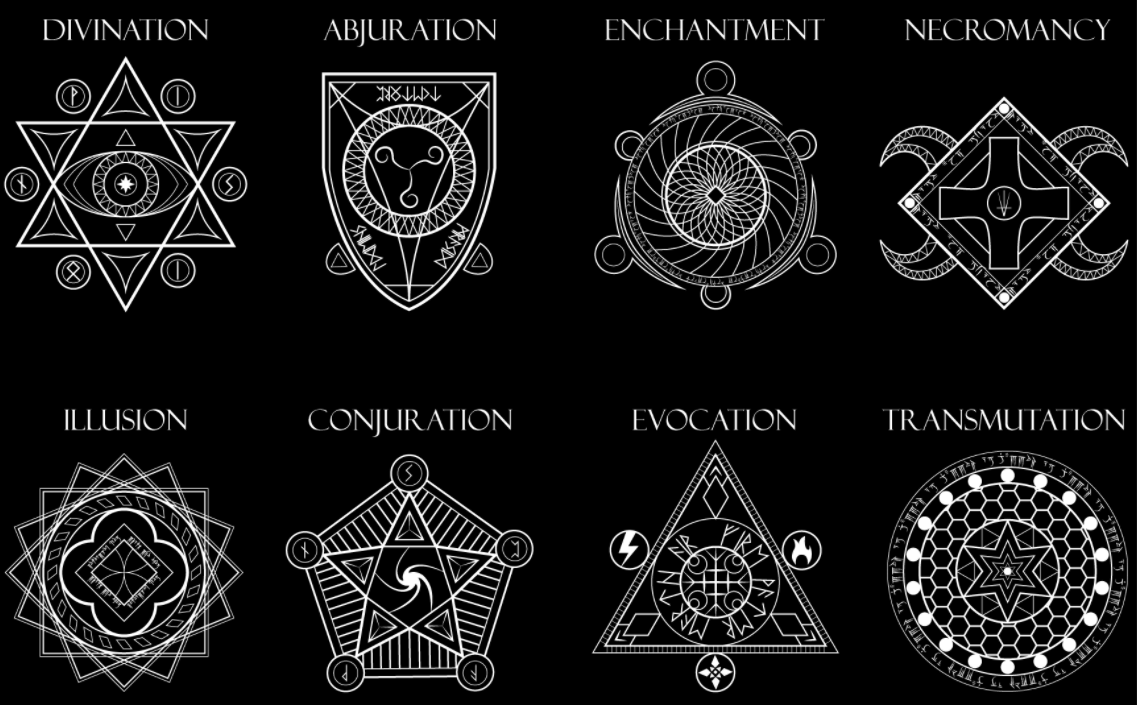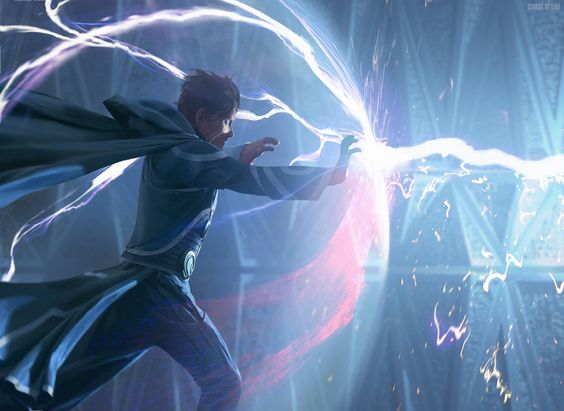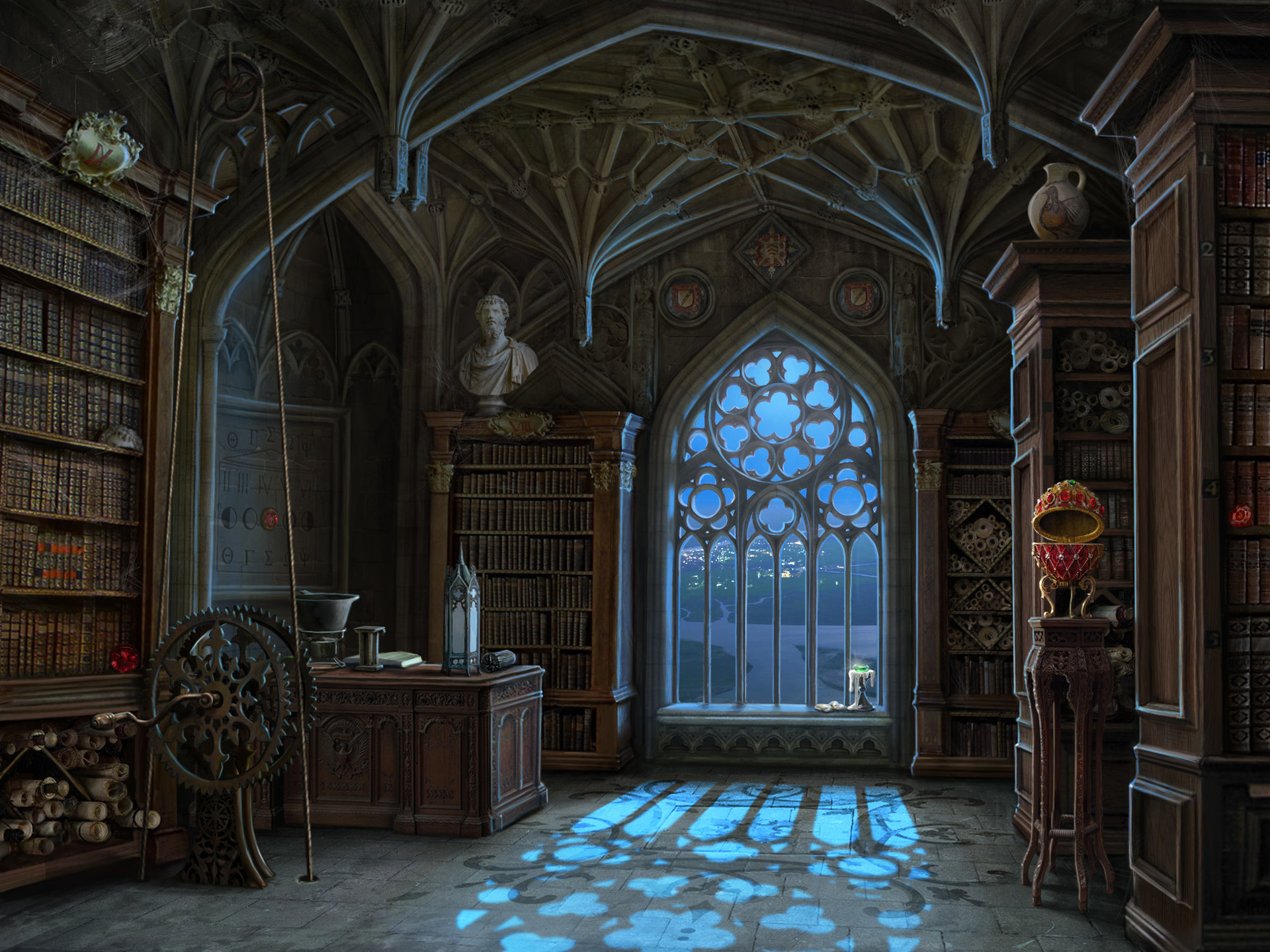Magic
A Description of Magic
The being of the mundane creature is of body and soul. If one of these two things are missing, then that mundane creature will no longer exist. There must always be a body, and there must always be a soul. Even in the afterlife, mortal creatures will be given a new body in splendor.
The body and soul are at odds with each other. They press on each other like tectonic plates. A person can irritate this pressure and pushing, and create manipulatable Scientific Magic, making it spurt forth like magma from stone.
It is important to remember that the body and soul are not only the only fonts of Magic but are the only things capable of channeling magic. There must always be a body and soul working in tandem for Magic to appear or to be created.
It is important to remember that all things have souls, but only the rational creatures have immortal souls.
Scientific Magic was founded about 250 years ago, coinciding with the rise of the Glorious and Eternal Empire of Juraedon. A professional user of Magic employed by State and Church is called a Wizard.
Note that Scientific Magic does not harm semi-spiritual beings (such as those in Throne or Coelum) because of its mixed nature produced from the soul and body. Scientific Magic harms these beings for the same reason that plain weapons slightly harm them: these beings are not entirely spiritual; they are partly immanent in the world and so can be harmed by its produce.
Manifestation
The Generosity of Man
Magic is a power of the Body and Soul. Just as physical labor is a power of the Body, and animation is a power of the Soul, so Magic is a power of both Body and Soul grinding on each other like tectonic plates. It gurgles forth like magma.
With specific words, incantations, materials, preparations, and willpower, our inherit font of Formility can be manipulated to create tactile effects in the world. The manipulation of Magic is akin to the manipulation of physical labor, you can say. You manipulate physical labor so that you can lift, push, or carry. You can manipulate Magic to do whatever your skill allows.
Incredibly though, the scientific manipulation of Magic is an invention of Humankind. Dwarrow and Elves have magic, it's true, but the scientific application of the generated power from Body and Soul is a purely Human invention. Unfortunately, the history of this discovery probably started in dark circumstances; the power of rituals and incantations having been used to call upon evil beings to enact Black Magic (not using Magic Proper, but rather using the authority of the Devils to affect the world).
But from this dark genesis came the realization of the natural form of Magic inherent in all beings with Souls and Bodies, and so the need for the authority of greater beings to enact incredible effects was no longer required. So, Human-kind was able to discover its own magical powers in what we call the sciences. That is, the sciences using the methods of rituals, words, incantations, and strange materials.
The Science of Magic is the gift of Man to all the other races. The Magic of the Elves and Dwarrow is of an entirely different nature. Only Elves, say, can craft their unique realms. Only Dwarrow, say, can craft hidden doors. What they view as natural extensions of themselves, like an artist filling a canvas, we Humans view as magical due to their seemingly causal chain-breaking nature. An Elf-lord's powers over nature come not from an inherently large font of Formility, as the Archmage Simon has and sources his powers from, but rather from his authority in Nature; his own, personal and strange, gifts of Nature; and supernatural permission only given to him. A Dwarf may be able to speak to the stones and roots of the earth, but this is not something a Human or Elf may learn. You can never learn how to brew an Ent-draught, any more than you can take root into the living soil and drink deep with your toes.
So far we have three types of Magic, as defined:
- Black Magic: the summoning of evil powers to use their authority to cause effects on the world.
- Magic Proper: the use of the sciences to change and affect the natural Magic inherent in all Body-Souls, and thereby affect the world.
- The Deep Magic: Here is Magic found in its best and fullest form. Magic is buried in the earth and bones of its people.
The Magic Proper, Man's Magic, is unique because everyone can be taught it and use it — so long as they have a body and soul. It is the Generosity of Man, you could say. Our gift is one that can be shared and is derived from the natural laws, rather than the laws of authority.
About Magical Items
Magical items are either items that are so finely made as to exceed the normal expectations of regular forms of that item, or they are items that have been enchanted with special properties. The former are all those items made prior to the founding of Scientific Magic and are merely items of great skill and craftsmanship usually made by either Elves or the Dwarrow — items made by their Deep Magic, or innate skill. These items are called Non-attuned Items. Items of the latter category are almost ubiquitously items that have been made in the past 250 years, usually by trained professionals of the Western Empires. These are called Regular Items.
A notable difference between these two items is that the Non-attuned Items do not expel any aura of magic, having not been made from Formility and so not having any of its regular properties. Furthermore, Non-attuned Items never require the process called Attunement, during which a person aligns body and mind with the item so as to use it. On the opposite end, Regular Items always expel an aura proportional to the Formility used to create it, and they almost always require attunement. Regular Items made of special cloths are items that notably break this rule of attunement.
Demographics of Magic Users
The number of Wizards in the two Empires is sized in proportion according to spell slots. But out of the total populations of the two Empires, only a portion of them are trained Wizards.
According to estimates on the potential for casting, out of 270,000,000 denizens of the two Empires, .5% of the total population has a maximum potential bound at the cantrip level (~1,350,000 people), 5% of 1,350,000 of them with their potential bound at the 1st-3rd level spell slots (~67,500 people), 5% of 67,500 of them with their potential bound at the 4th-6th level spell slots (~3375 people), and .5% of 3375 of them with their potential bound at the 7th-8th level spell slots (~17 people, although the known number is 11 persons between the two empires). The 4th-6th level spell slots are where even the most talented Wizards tend to plateau. This means that about .5% of people in the known world are capable of using Magic to some meaningful extent. Although everyone has a nascent magical qualia, only a few are capable of consciously creating magical effects.
Advances in Magic
Apparently, Simon the Archmage of Juraedon is on the verge of a breakthrough to discover a 9th level spellslot. He was already the leading figure in the discovery of the 8th level spell slots. This will only add to his prestige.
Key Properties
A key property of Magic is that it will always try to escape. All things have fonts of Magic, although their production of magic will, in general, be very low. The property of escape means that Magic is constantly expelled from the body and soul (resulting in magical auras), entering the external environment and then dissipating into it. So long as both the body and soul are present in Mundus Formility will be generated, and the creature will be alive and conscious. But if either the body is killed or the soul is summoned away from Mundus, then there can be no friction between body and soul, and so no Magic will be produced.
Immortality
Immortality means to make the body (usually that of a Human) into one that cannot be destroyed by age or damage. This is not a simple process, requiring an extraordinary amount of medical and arcane knowledge — we have no mundane tools capable of granting immortality. Still, it is conceivable of being reached. But the author of this article would still caution against it, as any change to the body would require leaving the mind as it was. If the mind were changed the personality would be destroyed.
If the magician still becomes immortal, then the immediate effects would be positive. Indeed, the immortality would appear to be superior to that of even the Elves. The magician still experiences social death (humiliation), practical death/negation (what happens when I do this?) and existential death (reflection on potential routes of life), and so is capable of quickly changing their personality. The issues come later in life, about the time a person grows senile. Because the brainmatter wasn't adjusted, that person grows mad in their immortal body, and is trapped.
If the person is willing to adjust the mind, then they will still experience difficulties as the years pass. The chief ones come from the sense of time, memory, and retaining one's personality/individuality. Humans perceive time in a unique way to all other races, events being drip-fed to their perception in a series of moments. These moments are stored in the brain and are recalled according to needs and wants. As the many years pass, it becomes impossible to retrieve the oldest memories and the personality of the individual changes accordingly. Furthermore, one's sense of the progression of time becomes warped — time is not, in fact, a progression of moments — the more that one experiences time the less that one's mind can model it in their perception correctly. The progression of events seems to quicken, and all moments blur, and it will appear that past, present, and future have come into the shape of a sphere or cube, multifarious and incomprehensible. The brain breaks after too much use, similar to senility.
It can be argued that if one can make the body immortal, they can adjust the brain to conceive of time in a way that its progression will not break the brain. It's difficult to say. It requires one to step out of time to adjust the brain so fully that it can conceive of time that way. But if you are adjusting your brain, then how can you step out of time? And the other races do not share our rational apparatus. They simply cannot understand our minds enough to change it to the way they perceive time. And there is the question of whether the brain is the seat of our perception or whether it is an arising of forces of the whole body, then coupled with that mysterious thing called Reason, which tells us that certain things are correct merely according to It, and not because of practical circumstance.
Retaining one's individuality is difficult, then. You will lose the sense of the progression of events, and your memory will fail you. Eventually, you will be an entirely different person, not remembering who you were.
There's also the difficulty of boredom, that an individual only has so much appetite for certain slivers of life.
Lastly, we must talk about aggregated psychic pains, such as trauma, guilt, etc. Though a Man may die unto themselves and so rejuvenate their personhood into authenticity, this death is only an approach towards the real death that the body and mind must face. It is not death itself, and so the authentic dasein is not perfectly possible. Aggregation of these psychic pains stemming from inauthenticity will continue, as will, to a limited extent, the inclination to follow the herd. Hence, the immortal person will suffer, more quickly than the fortitudinous Elves and Dwarrow, accumulated psychic trauma from events that happen in their life.
Softening Magic
Usually magical spells are set in stone, and a Wizard cannot change what the spells he'd learned do. But there are two ways to soften a spell so that your enterprise in magic can be done more freely. These are runes and mass casting. Runes are small, porcelain disks with a symbol carved on their faces. Imbued in these runes is the nature of a specific task. The limits of these potential tasks are as broad as the limits of potential spells. But the greatest benefit of runes is their passive and ongoing, mechanical nature, allowing usually difficult tasks to be automated.
As for mass casting, that is when you gather forty Wizards and have them enter in communion with each other. This requires all the Wizards to be trained in the mystical arts. So they must be practiced in meditation, be versed in ecstatic visions, and to be of strong and focused mental caliber. The equation for their 'power level' is: their average maximum spell slot level with its effects multiplied by forty. Their power is in their absolute creativity in what they can create, not in their bald conclusive effects. Mass casting is accomplished by giving power to the 'spirit of the room', which is usually taken to be a metaphorical saying but in actuality has real meaning. Hence why the mystical arts are required to draw out this spirit and give it form to which their bodies may grind and therefore create Formility — that is, Magic.
Note that mass casting is not a viable replacement for mass magic work, such as construction. These will rather require specialized spells that allow multiple casters to accomplish otherwise impossible tasks by an individual.
- Simon of Juraedon Proper
- Quendar Sil of Alk'kir
- Burchard of Greater Huraedon
| Spell Slots | Amount | Percentage of Total Population |
|---|---|---|
| Cantrips | ~1.35 M | .5% |
| 1st-3rd | ~67,500 | .025% |
| 4th-6th | ~3375 | .00125% |
| 7th-8th | 17 | .000000083% |



High there I couldnt help but notice your interesting magic system . Your approach takes more of an internal origin for magic instead of an external source that is extremely common for most magic systems .
You make a really interesting point. It's true that lots of magic systems have you using a Weave of some sort. I guess I did it this way because I wanted a neater system explaining the powers of Men, Elves, and Dwarfs. They are different with their different magics. And it would only be meaningful if this power was internal. It also added a nice contrast to our used to powers - such as movement or speech. Thank you for the interest!